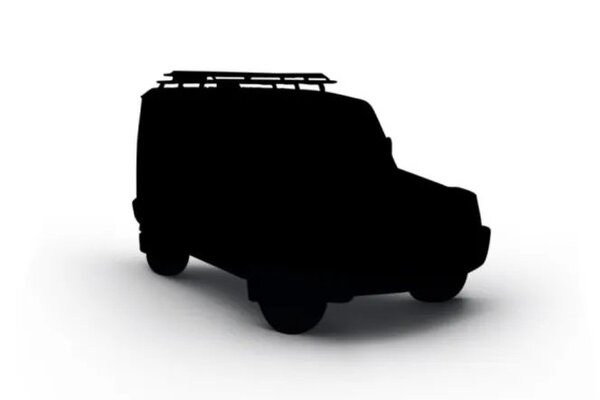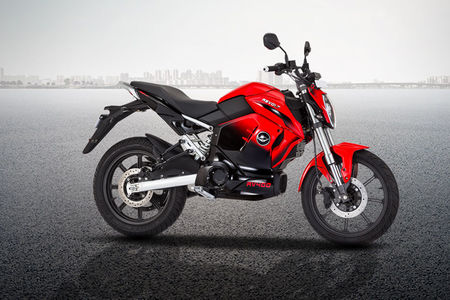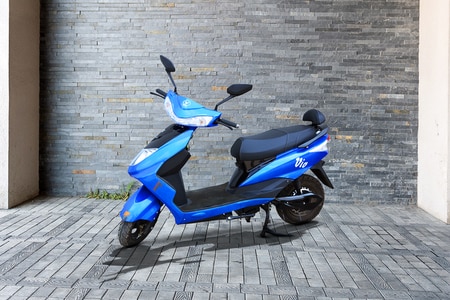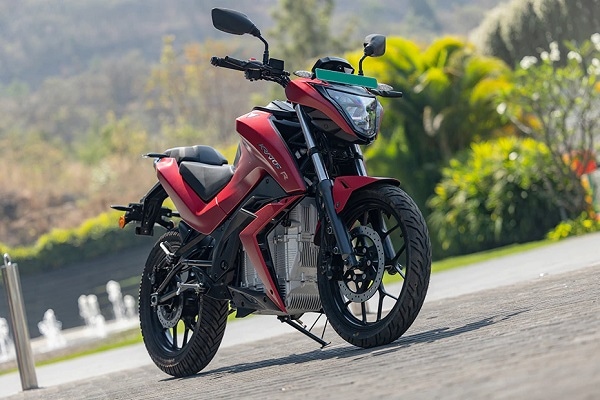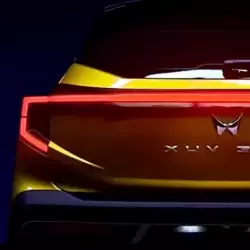US judge rejects GM bid to reopen racketeering case against Fiat Chrysler
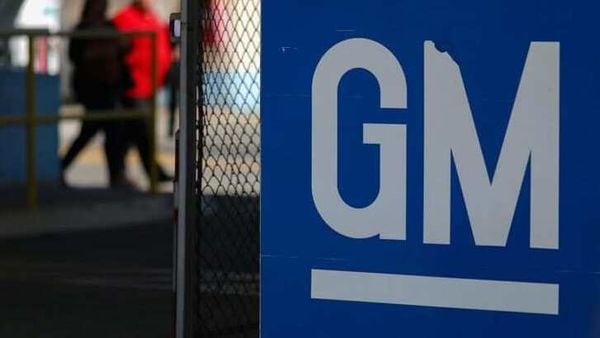

A federal judge in Detroit on Friday rejected a bid by General Motors Co to reinstate a racketeering lawsuit against its smaller rival Fiat Chrysler Automobiles NV (FCA) .
GM claimed it had new information on foreign accounts used in an alleged bribery scheme involving FCA and leaders of the United Auto Workers (UAW) union. But US District Judge Paul Borman said GM's "newly discovered evidence is too speculative to warrant reopening this case."
Also check these Vehicles
GM said it would appeal the ruling.
"Today’s decision is disappointing, as the corruption in this case is proven given the many guilty pleas from the ongoing federal investigation," the largest US automaker said in a statement. "GM’s suit will continue - we will not accept corruption."
Also Read : Preposterous, third-rate spy movie: Fiat's take on GM's bribery allegation
FCA said, "Judge Borman’s ruling this morning once again confirms what we have said from the beginning -- that GM’s lawsuit is meritless -- and its attempt to submit an amended complaint under the guise of asking the court to change its mind was nothing more than a baseless attempt to smear a competitor that is winning in the marketplace."
FCA previously compared GM's filing to a "third-rate spy movie, full of preposterous allegations."
When it first filed its lawsuit last year, GM alleged that FCA bribed UAW officials over many years to corrupt the collective bargaining process and gain advantages, costing GM billions of dollars. GM was seeking "substantial damages" that one analyst said could have totaled at least $6 billion.
Also Read : GM alleges Fiat Chrysler bribed UAW leaders in millions to spy on it
In July, Borman threw out the racketeering lawsuit, saying GM's alleged injuries were not caused by FCA's alleged violations.
FCA said that as it operates facilities in Italy and more than 40 other countries, the existence of foreign bank accounts is "unremarkable, and certainly not illegal."
FCA is due to merge with France's PSA by the first quarter of 2021.








 2596.0 cc
2596.0 cc Diesel
Diesel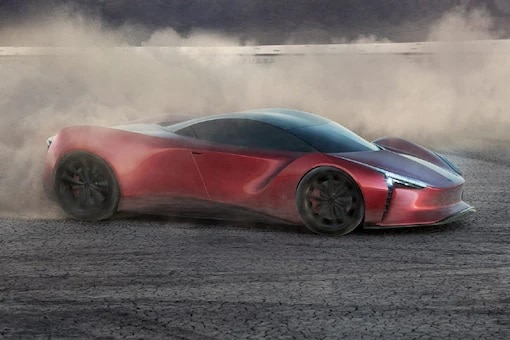
 120 Kwh
120 Kwh 700 km
700 km